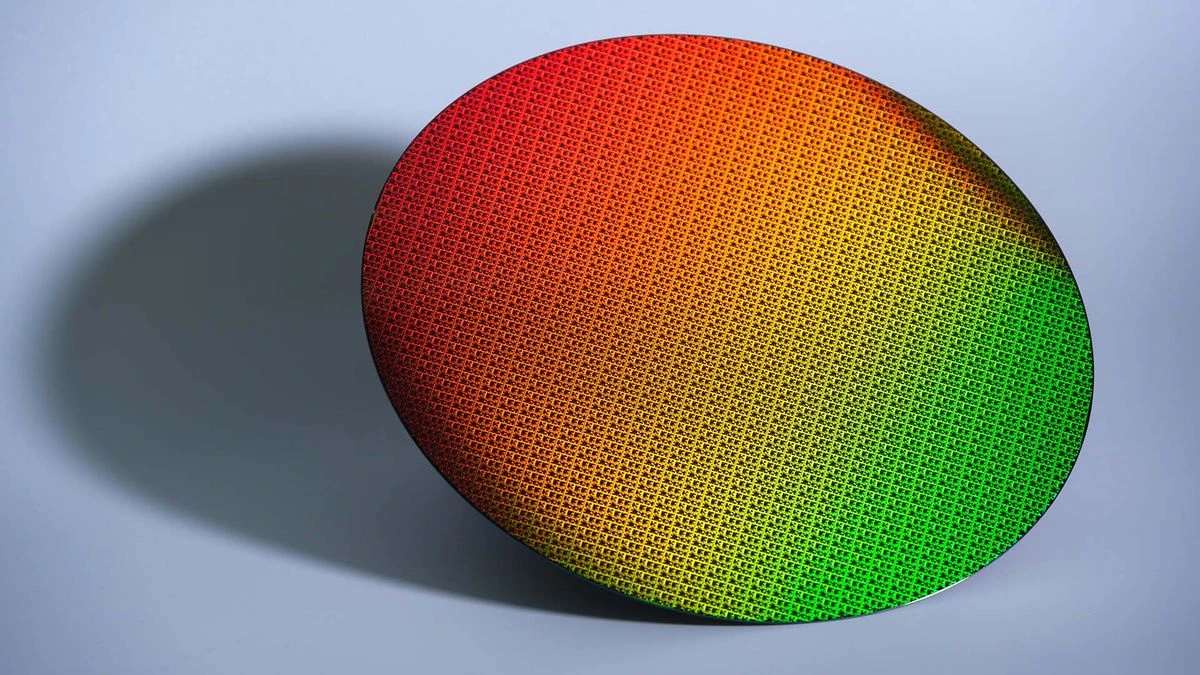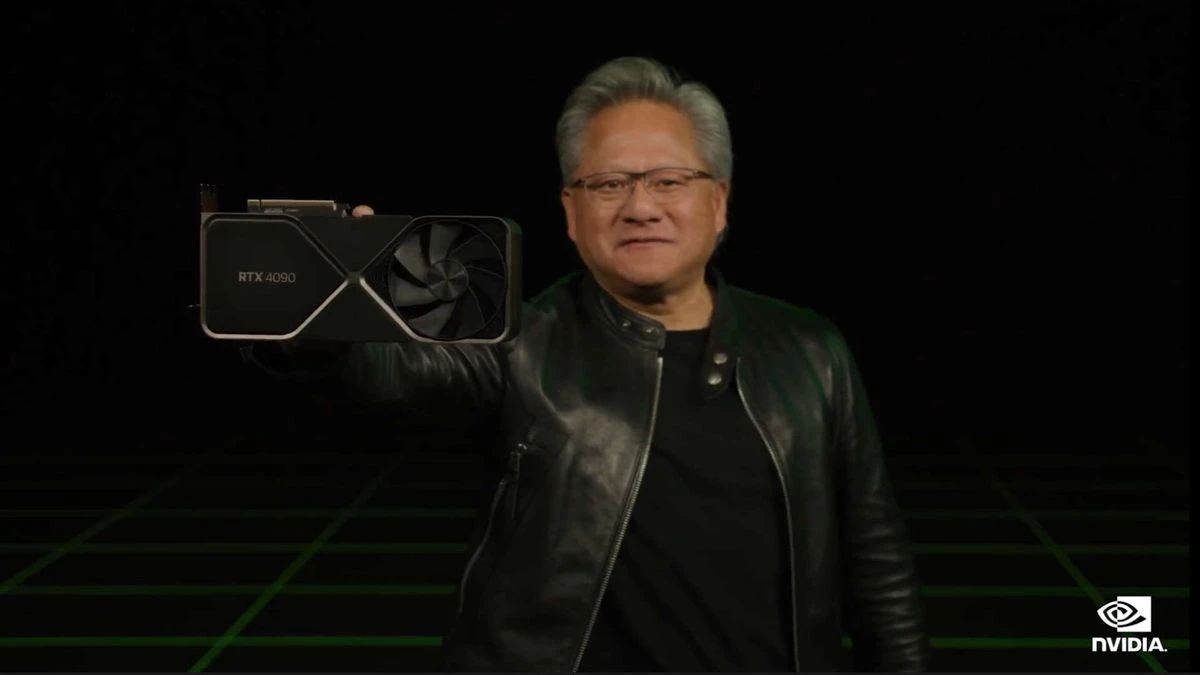Intel has quietly killed off the 20A process. The company announced that Arrow Lake chips will not use its first Angstron Era Node.
Intel quietly announced its Arrow Lake processors would not be based on the 20A node, but instead will be based entirely on external foundry nodes. This effectively ends work on the 20A node, and presumably cedes Intel's next-gen processors to TSMC. Intel, Intel's associates, and anyone who wants to see the PC industry grow should be concerned.
Intel made the announcement in a press statement yesterday, announcing "Continued Momentum for Intel 18A" which appears to be at the expense Intel 20A. Paul from Tom's Hardware informed us about it while Jacob was at an Intel event.
It's probably the closest thing to PR damage control in the tech industry to cover the cancellation of the 20A in a positive release that touts the momentum of a new node with its own rumoured issues. Intel 18A wafers are currently being sent to Intel Foundry partners as part of the testing phase. Reuters sources claim that Broadcom is not happy with the current progress of its partner.
Maybe Intel's 18A Node needs some help.
Intel, on the other hand, is still bullish about 18A's apparent success as a production node.
Ben Sell, Intel's Vice President of Technology Development, said: "We've seen positive responses across our ecosystem and are encouraged by the results we're seeing in the fab." It is powered on, booting operating systems, healthy and yielding well. We remain on track to launch in 2025.
No worries, then. Intel can even skip the interim node, and let another foundry produce the silicon for its next chip.
"One of the benefits of our early success on Intel 18A is that it enables us to shift engineering resources from Intel 20A earlier than expected as we near completion of our five-nodes-in-four-years plan. will build the Arrow Lake processors primarily with external partners, and package them by Intel Foundry.
The journey to Intel 18A is built on the foundations laid by Intel 20A.
The 20A node would be the first node to integrate PowerVia, RibbonFET and other technologies that were expected to give it an edge over competing TSMC lithographies. Intel would have won if even the compute tile was running on 20A. TSMC hasn't implemented gate-all-around power delivery or backside power in its nodes.
It's not a good idea for a company that is desperately trying to regain the production node lead. Having all Arrow Lake chips manufactured using TSMC processes would be a bad look. Tom's reports that Intel's chief technologist, Steve Zinsser has admitted it will'skip productising' the node 20A to save money, effectively cancelling its usage and making it little more then a test node.
Currently, the new Lunar Lake laptop chip will be built entirely on TSMC silicon with only the interposer from Intel. CEO Pat Gelsinger said this at Computex in 2018. "Simply put, Lunar Lake chose TSMC at that time as a more advanced process technology." So that's why it was used more.
It would not be a huge leap to conclude this has something to do Intel's decision to not use its own 20A Node in Arrow Lake, because the TSMC process is a superior one. Lunar Lake was built on TSMC N3B, and a significant percentage of Arrow Lake SKUs are expected to use its nominal 3nm processing. Although it's possible that very few Arrow Lake processors would ever use Intel 20A technology, having no is still not good for the efficiency of the production process.
Intel 18A, which is still on track to launch next year (apparently with Panther Lake), will see some chips run with Intel's silicon. If not, it may as well sell off those fabs. Gelsinger said he was betting the company on 18A. It better be successful.




Comments